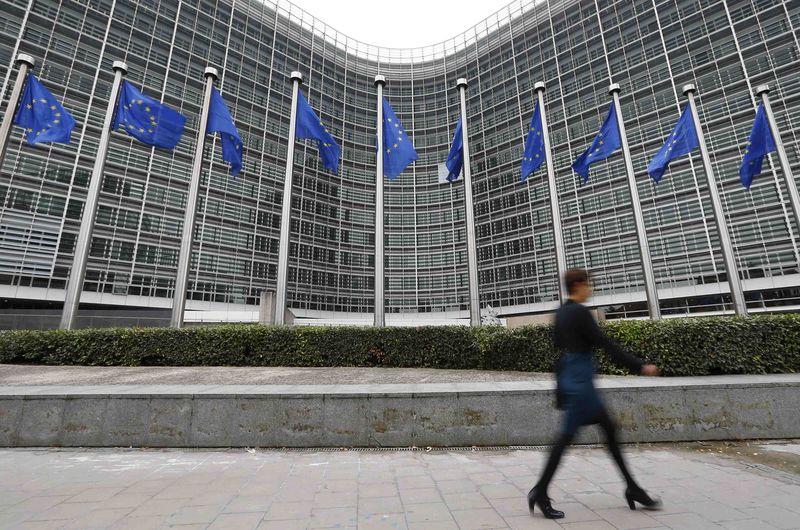By Huw Jones
LONDON (Reuters) - European Union efforts to curb risk taking by banks look set to be watered down as key member states such as Germany shield "universal" lenders from more onerous rules, EU documents seen by Reuters on Thursday showed.
The European Union reform aims to avoid trading blow-ups from bringing down entire banks. But countries such as Germany and France have dragged their feet after introducing their own national reforms, which may overlap with the new plan.
The European Commission's draft law sets a simple size threshold to determine which banks come under the new rules that require some types of trading to be hived off into a new division.
Germany and the European Central Bank fear this would hamper useful trading activities, such as market-making.
Several EU states are also keen to preserve the universal banking model, which keeps all activities under one roof, like at Deutsche Bank and BNP Paribas.
To try to break the deadlock, EU president Latvia has proposed a more proportionate separation process relying heavily on a range of criteria, rather than just size, when it comes to deciding if trading operations should be separated.
"This concept allows for a risk-based assessment of trading activities and relies much more on supervisory discretion as compared to the Commission's bank structural reform proposal," a document written by Latvia and seen by Reuters said.
"The concept is positively received by most member states as a compromise to develop further," the document prepared for a meeting of EU member state representatives on Friday, said.
In a separate paper, Germany said market-making at banks for financing the economy must be protected from "unintended detrimental consequences".
"To this end we still miss a fully satisfactory answer of how market-making is to be treated within the suggested concept," Germany's paper said.
"The way forward needs to strike the balance between structural reform and the proven universal banking system."
ZONES OF DISCRETION
Banks had hoped the new EU financial services chief Jonathan Hill would scrap the draft law but this has so far proved too politically sensitive.
The Latvian compromise is an attempt to neuter the original draft and avoid having to unpick differing national measures already in place, legal experts said.
Germany and France were also annoyed that the original draft effectively exempts banks in Britain, which is introducing its own rules.
"It's hard to see how this proposed compromise can work and what is the point of European legislation if there is so much national discretion," said Simon Gleeson, a lawyer at Clifford Chance in London who advises banks on regulation.
EU states have a joint say with the European Parliament on the draft law.
Gunnar Hokmark, the lawmaker steering the measure through parliament, has also proposed giving more discretion to member states to take domestic reforms into account and thereby avoid implementing two sets of rules.
The EU presidency is proposing putting the 30 or so biggest banks into red, yellow and green "zones" based on their systemic importance and other, new criteria.
Only banks in the red zone face having to hive off trading activities, and only then if the risks cannot be "controlled", the document showed.
Banks in the green and yellow zones would have to report trading data twice a year, while those in the red zone would do so quarterly.
